How Hormone Replacement Therapy Can Support Healthy Aging
As the global population continues to age, understanding strategies to maintain health and vitality becomes increasingly important. One medical approach that has garnered attention is hormone replacement therapy (HRT), which addresses the natural hormonal changes associated with aging. Hormonal shifts, including menopause in women and andropause in men, can lead to a variety of physical and emotional symptoms that affect overall quality of life. HRT provides a way to restore hormonal balance, offering potential benefits such as improved mood, bone health, and metabolic function. However, its application is nuanced, requiring careful consideration of individual health profiles and risk factors.
Restoring Hormonal Balance to Alleviate Age-Related Symptoms
Hormone replacement therapy involves supplementing hormones that the body no longer produces in sufficient quantities. Its primary goal is to restore hormonal balance, alleviating symptoms such as hot flashes, night sweats, mood swings, and reduced bone density. For women, HRT primarily addresses menopause-related hormonal declines, while men may receive testosterone therapy to counteract age-related decreases in this hormone. Beyond symptom relief, HRT aims to enhance overall well-being and quality of life during the aging process.
The hormones used in HRT vary depending on age, gender, and clinical needs. Women typically receive estrogen and progesterone to manage menopausal symptoms, while men may receive testosterone to support muscle mass, libido, and energy. Additional hormones, such as thyroid hormones or growth hormones, may be included in specific treatment plans.
HRT has evolved significantly since its introduction in the early 20th century. Initially focused on alleviating menopausal symptoms in women, advancements in medical science have expanded its use to address broader aspects of aging. Despite its benefits, misconceptions persist. Many believe HRT is only for women or inherently unsafe, particularly concerning cancer risks. While some concerns are valid, modern medical guidelines emphasize individualized care and evidence-based protocols to maximize safety and effectiveness.
Medical authorities, such as the American College of Obstetricians and Gynecologists and the Endocrine Society, regulate HRT practices to ensure safe administration. These guidelines recommend personalized therapy based on a patient’s health history, age, and risk factors. Regular monitoring, dosage adjustments, and follow-up care are crucial for achieving optimal outcomes.
Maintaining Physical and Mental Health as Hormones Change
Hormones fluctuate naturally throughout life, supporting growth, development, and reproductive function during youth. As individuals age, hormone production gradually declines, with noticeable changes during menopause and andropause. These declines influence both physical and cognitive health, highlighting the need for interventions that support hormonal balance, such as HRT.
Declining hormones can significantly affect physical health. In women, lower estrogen increases the risk of osteoporosis and fractures, while reduced testosterone in men can lead to muscle loss and diminished energy. Hormonal imbalances also influence cardiovascular health, potentially contributing to hypertension and atherosclerosis. HRT can help counteract these effects, supporting musculoskeletal strength, metabolic function, and overall physical resilience.
Hormonal changes also impact mental and emotional well-being. Reduced estrogen or testosterone levels may contribute to mood swings, irritability, anxiety, and even depression. Cognitive functions such as memory and focus can also decline. Hormone replacement therapy can stabilize these fluctuations, promoting emotional resilience, better mood regulation, and sharper cognitive performance, which are essential for aging with vitality.
Menopause marks the end of female reproductive years, characterized by a significant decline in estrogen and progesterone. This transition often brings hot flashes, sleep disturbances, and emotional fluctuations. Andropause in men, while more gradual, involves declining testosterone levels, affecting libido, strength, and energy. HRT can help ease these transitions, improving daily function and comfort during these critical life stages.
Unaddressed hormonal imbalances can result in chronic health issues, including bone loss, metabolic syndrome, cardiovascular disease, and accelerated aging. HRT provides a preventive strategy, potentially mitigating these long-term consequences by restoring hormonal equilibrium and supporting overall health.
Enhancing Vitality Through HRT’s Health Benefits
One of the most well-known benefits of HRT is the alleviation of menopausal symptoms. Women undergoing HRT often experience fewer hot flashes, reduced night sweats, and relief from vaginal dryness. By restoring estrogen and progesterone levels, therapy can also improve sleep quality and daily comfort, significantly enhancing quality of life.
HRT has been shown to preserve bone density, reducing the risk of osteoporosis-related fractures. Estrogen plays a central role in maintaining bone structure, making HRT especially valuable for postmenopausal women. Hormone replacement therapy may also support heart health by regulating cholesterol levels and improving vascular function. While the relationship between HRT and cardiovascular outcomes is complex, individualized therapy can contribute to cardiovascular protection.
Hormonal fluctuations impact brain function, affecting memory, concentration, and emotional stability. HRT has demonstrated potential in improving mood and cognitive function, reducing anxiety and depressive symptoms in aging individuals. Stabilizing hormones through therapy can enhance mental clarity and emotional well-being, supporting more independent and active aging.
Hormones regulate metabolism, body composition, and insulin sensitivity. Age-related declines in estrogen and testosterone can lead to weight gain and increased risk of metabolic syndrome. HRT helps restore hormonal balance, supporting healthy metabolism, energy maintenance, and chronic disease prevention. Through these effects, therapy contributes to sustained vitality and overall health.
Reducing Health Risks with Personalized HRT Management
While generally well-tolerated, HRT can produce side effects such as bloating, headaches, nausea, breast tenderness, and mild mood changes. These often diminish as the body adjusts. Regular monitoring and dosage adjustments by healthcare providers are essential to managing side effects and ensuring patient safety.
Concerns about HRT and cancer are prominent, particularly regarding breast and ovarian cancers. According to CancerNetwork, for the average 50-year-old population with no family history and no prior menopausal hormone therapy, the cumulative risk of developing breast cancer is 2.7% by age 60, 6.2% by age 70, and 9.8% by age 80. Individualized risk assessment is critical before initiating therapy, especially in women with a personal or family history of hormone-sensitive cancers.
HRT may influence cardiovascular health positively or negatively. While it can improve lipid metabolism, certain formulations may increase the risk of blood clots or stroke. Healthcare providers must carefully assess individual cardiovascular risk factors, monitor blood pressure, and perform regular evaluations to minimize adverse outcomes.
Before starting HRT, providers evaluate age, health history, lifestyle, and genetic predispositions. Understanding personal risks ensures informed decision-making and tailored therapy plans. Collaboration between patient and provider allows HRT to be applied safely and effectively, maximizing benefits while reducing potential harms.
Supporting Aging with Lifestyle and Complementary Approaches
In addition to hormone replacement therapy, lifestyle interventions support hormonal health. Regular exercise promotes hormone function and muscle maintenance, while a nutrient-rich diet supports endocrine health. Stress management, mindfulness, and adequate sleep also contribute to hormone balance. Integrating these practices enhances the overall effectiveness of HRT.
For those unable or unwilling to use HRT, non-hormonal options are available. Certain antidepressants and antihypertensives can reduce hot flashes, while bisphosphonates and selective estrogen receptor modulators (SERMs) support bone health. These therapies provide symptom relief without the hormonal implications of HRT.
Advances in genetics and biomarker analysis are paving the way for personalized HRT. Tailored protocols based on genetic profiles, health history, and lifestyle factors optimize therapy efficacy while minimizing risks. This precision medicine approach represents the future of hormone replacement therapy, offering individualized care and improved outcomes.
Hormone replacement therapy offers a multifaceted approach to supporting healthy aging, addressing physical, emotional, and metabolic challenges associated with hormonal decline. From alleviating menopausal symptoms to preserving bone and cardiovascular health, HRT plays a critical role in enhancing the quality of life for aging individuals. Careful risk assessment, personalized treatment plans, and integration with lifestyle and holistic strategies maximize its benefits while minimizing potential side effects. When applied thoughtfully and responsibly, hormone replacement therapy can empower individuals to age with health, vitality, and confidence. Discover how personalized hormone replacement therapy can support your healthy aging journey—schedule a consultation with Dr. Mark Neumann today.
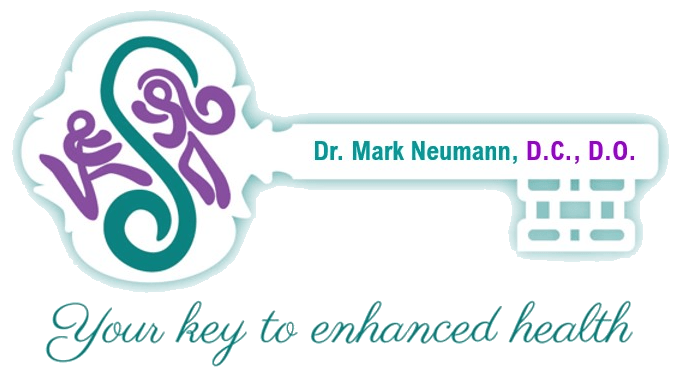
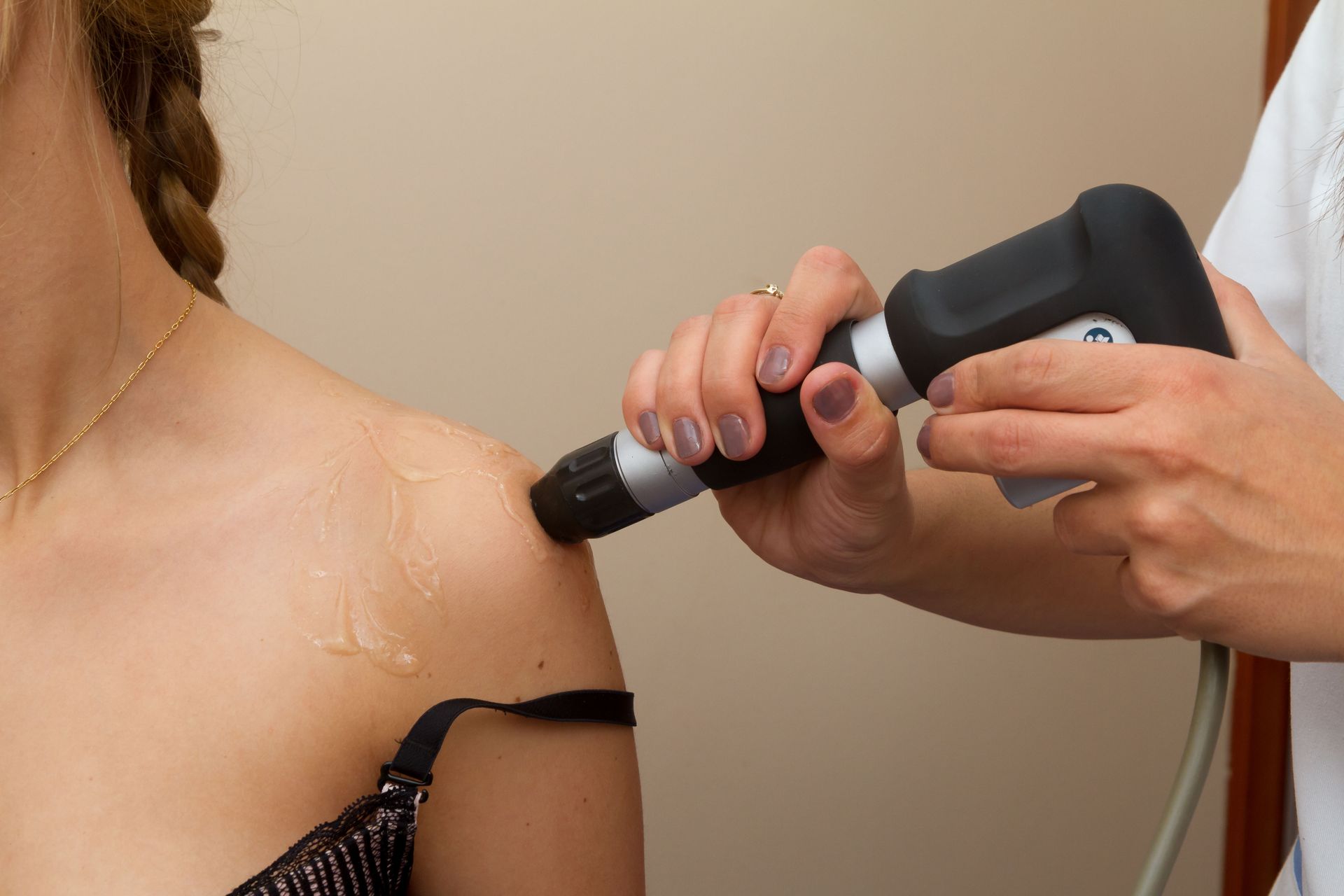
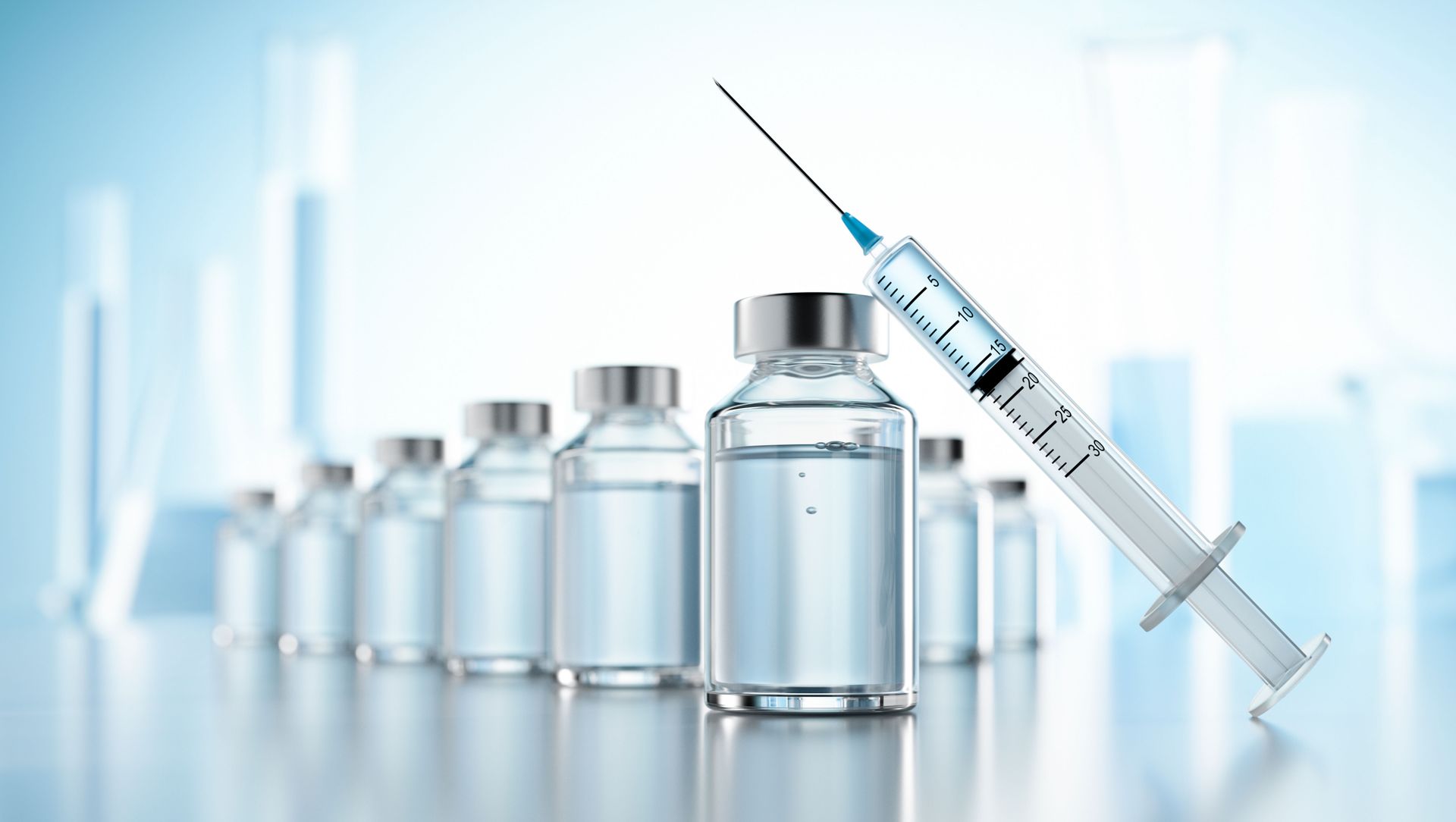

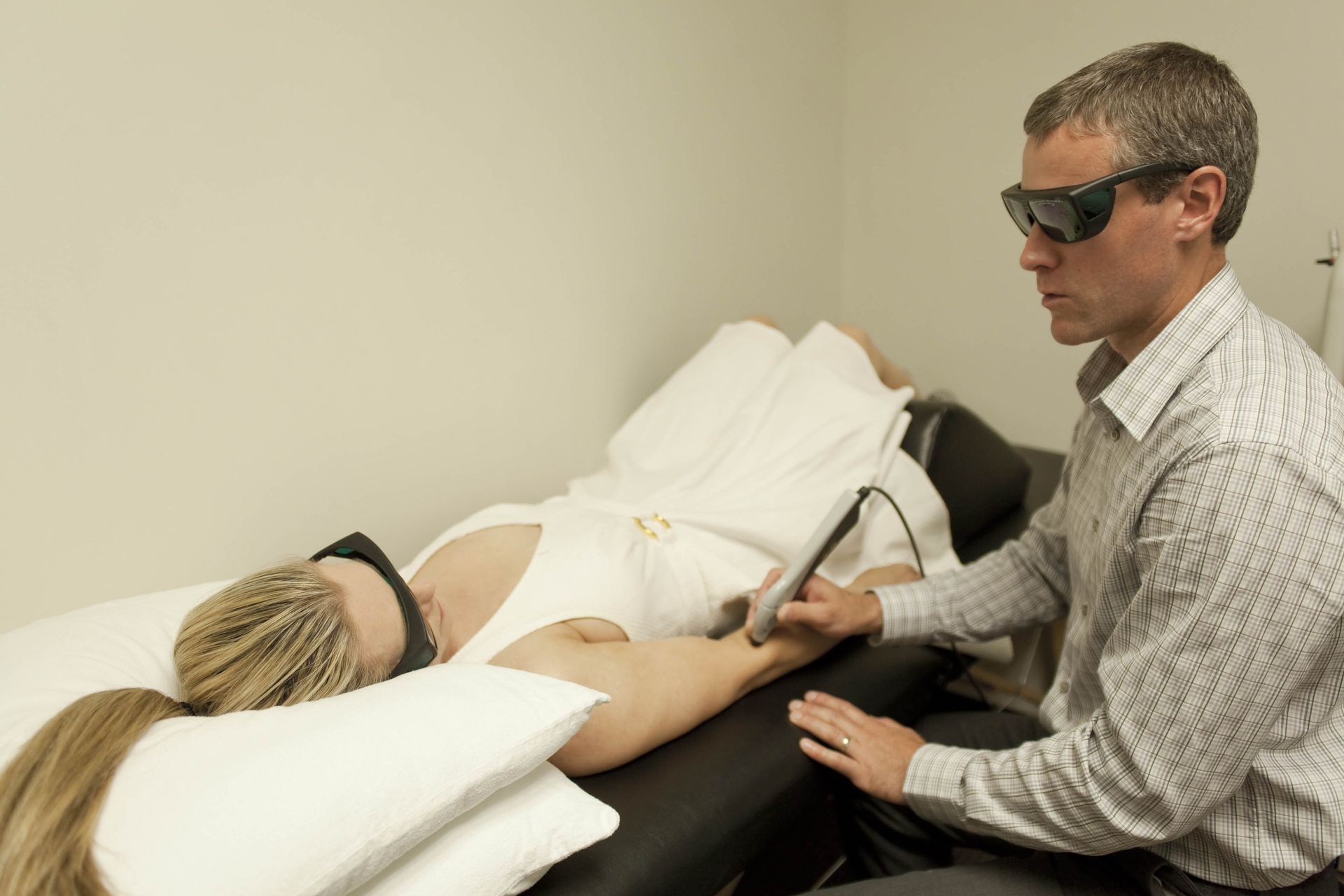

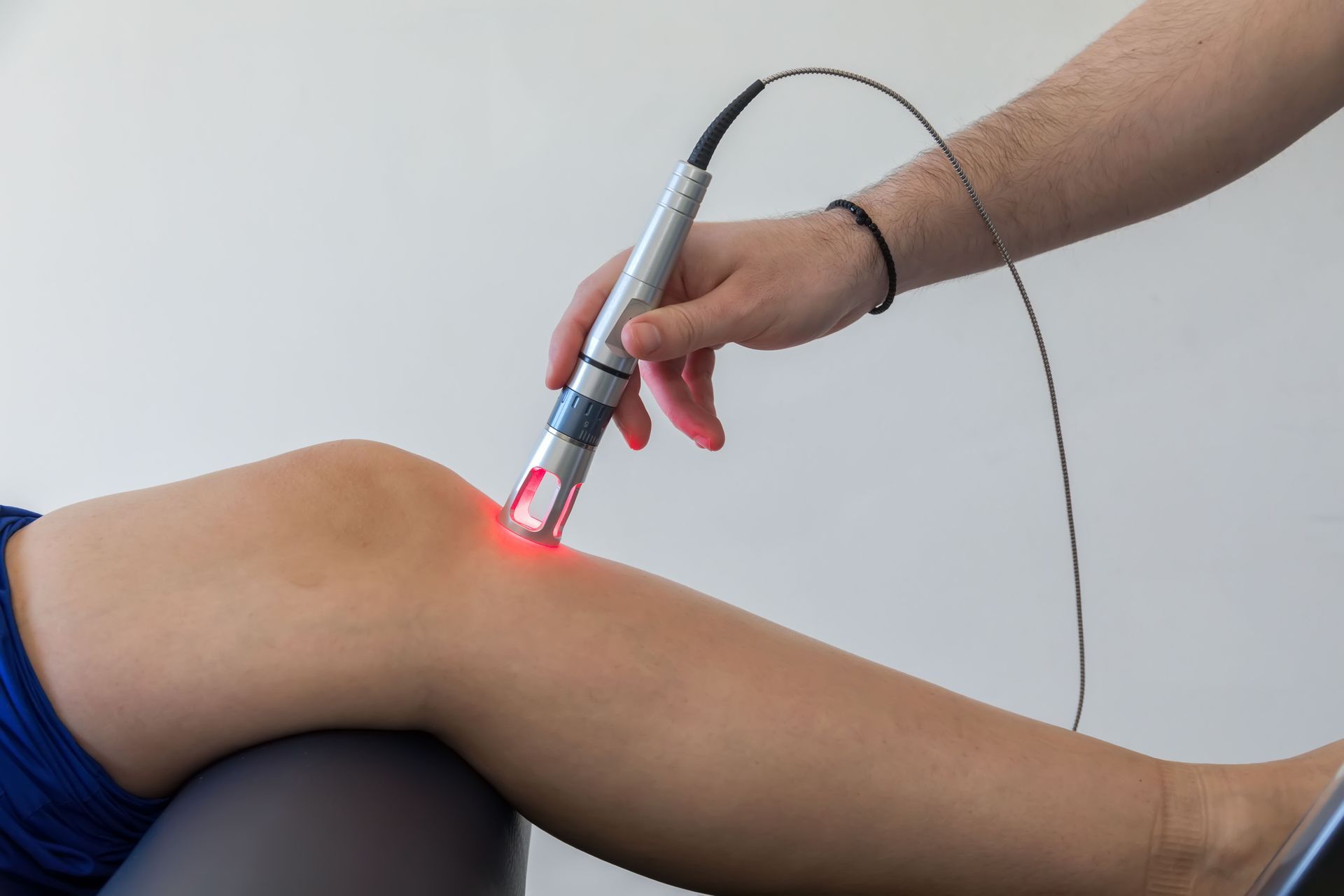
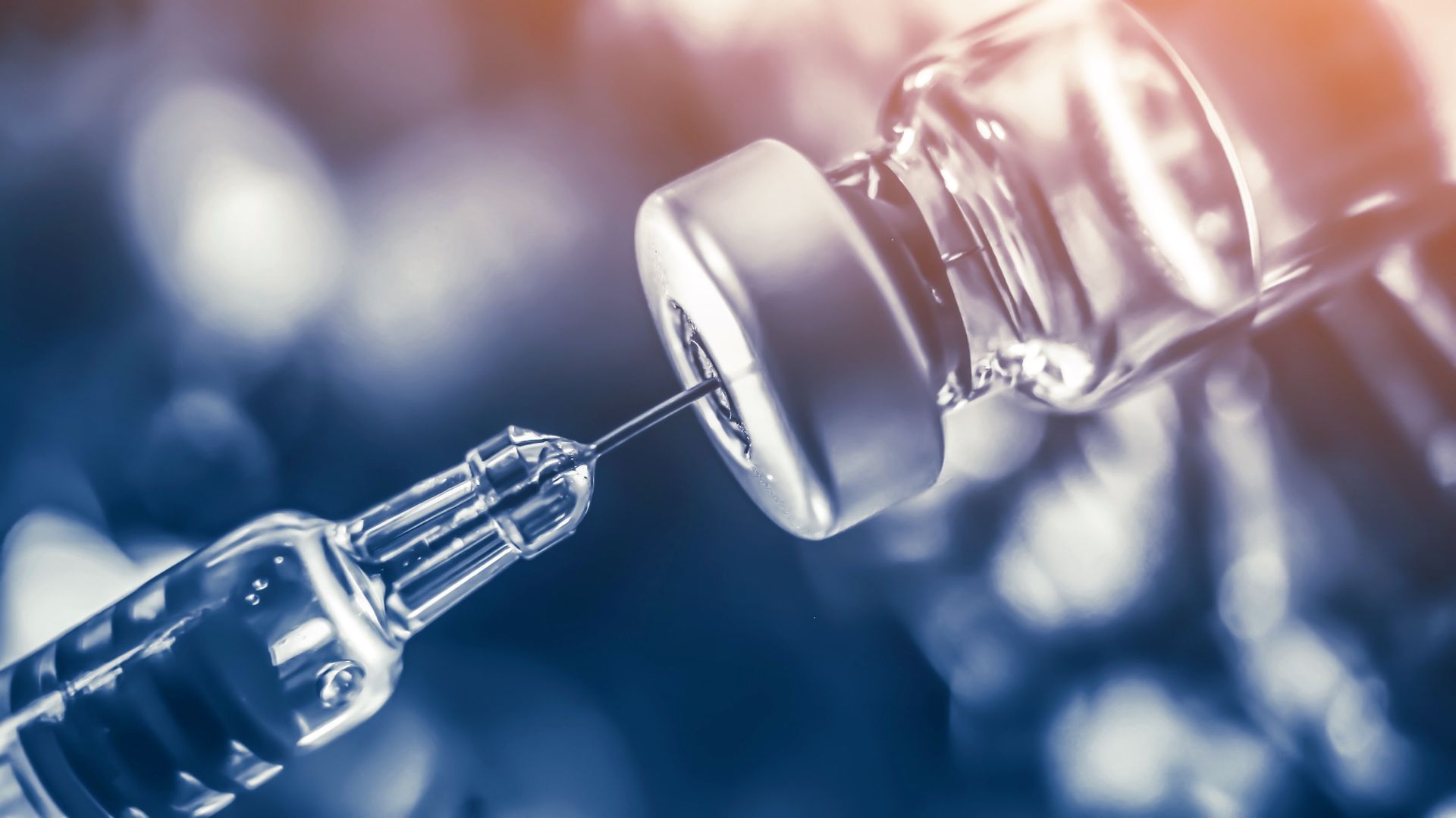

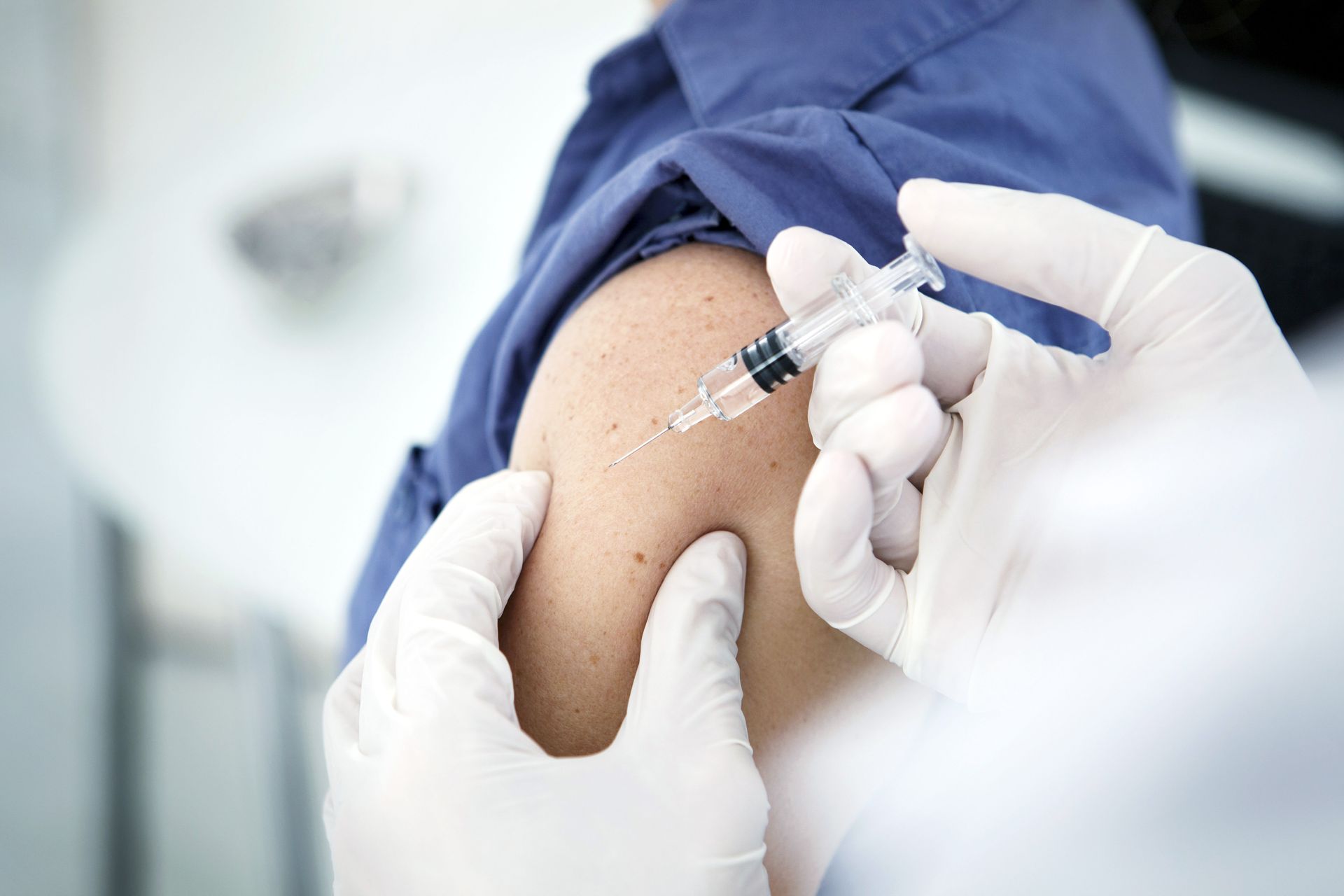

Share On: